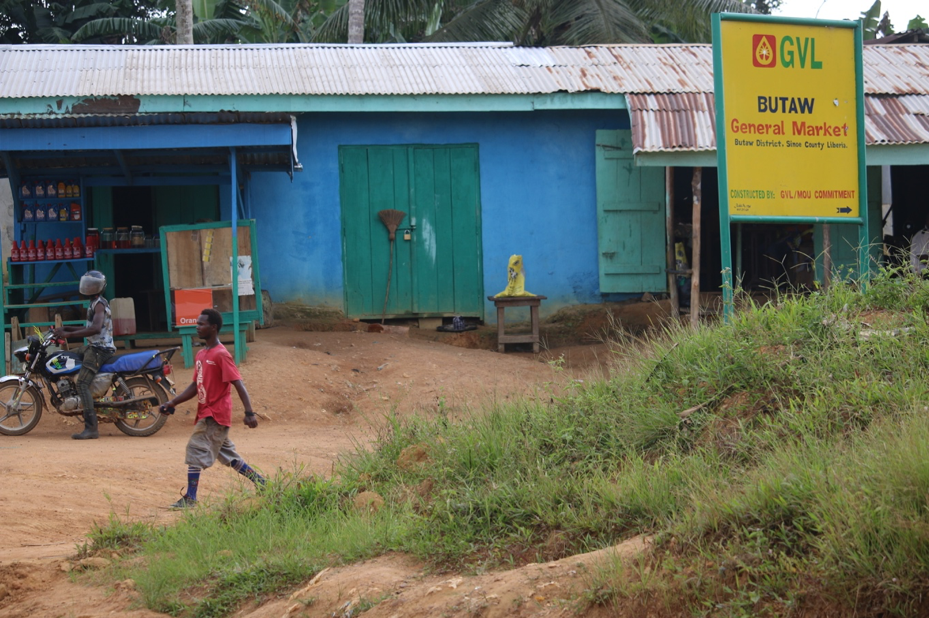
BUTAW, SINOE COUNTY – Four hundred and forty-three workers have been laid off at Golden Veroleum Liberia, more than 10 percent of its workforce, the company said on Saturday.
“[They are] due to the downturn of the global economy due to the coronavirus and the constant drop in the price of oil palm on the world market,” said Alphonso Kofi, GVL’s communication officer in Sinoe in a phone interview. Employees in Sinoe and Grand Kru were affected, including general workers, staff, and managers, Kofi added.
GVL had proposed to slash some 1,200 jobs but reached an agreement with the government of Liberia to slice that number to 443, Kofi told FrontPage Africa.
Oil palm price has fallen since the beginning this year by 452 Malaysian Ringgit (US$103.87) metric tons or 16.34 percent, according to trading on a contract for difference (CFD) that tracks the benchmark market for the commodity. This is due to a slump in the demand for edible oil as a result of the novel coronavirus pandemic.
Liberia has recorded 20 deaths from 2023 cases of the disease as of May 15.
GVL signed a 65-year concession with Liberia in 2010 for 350,000 hectares of land or approximately 2.3 percent of Liberia’s total landmass. The company’s primary investor is Golden Agri-Resources (GAR), the world’s second-largest palm oil company, listed on the Singapore Exchange (SGX).
It is the third time the company, the largest palm plantation in Liberia, has laid off staff. It had job-cuts in 2012 and 2015.
These redundancies show that communities cannot depend on big concessioners, said James Otto of Sustainable Development Institute. “The action by GVL to lay off citizens from jobs clearly shows that promises made by agro concessions are unrealistic and only intended to lure communities to give away their lands.”
This story was a collaboration with New Narratives as part of our Land Rights and Climate Change Reporting Project. Funding was provided by the American Jewish World Service. The Funder had no say in the story’s content.
